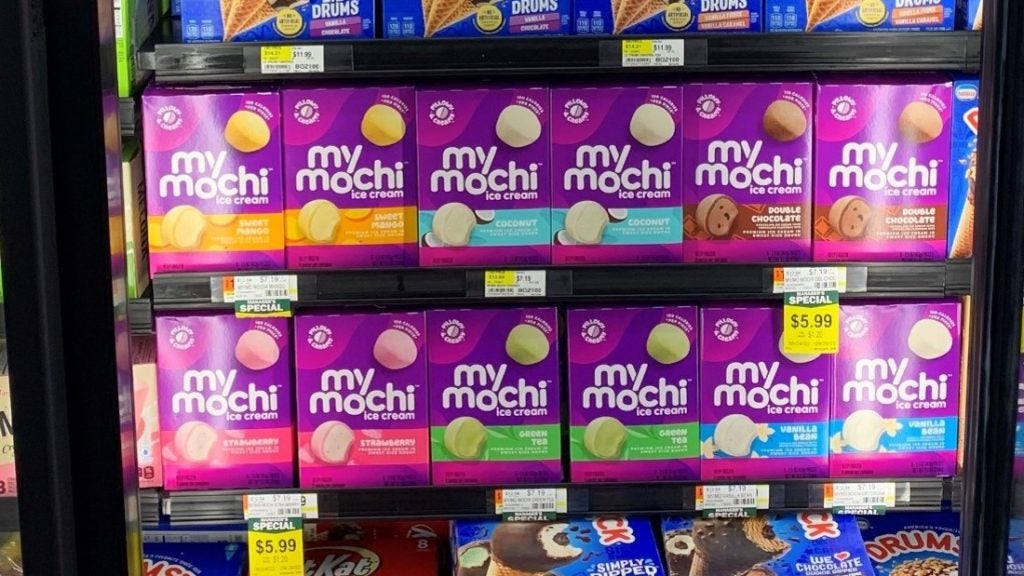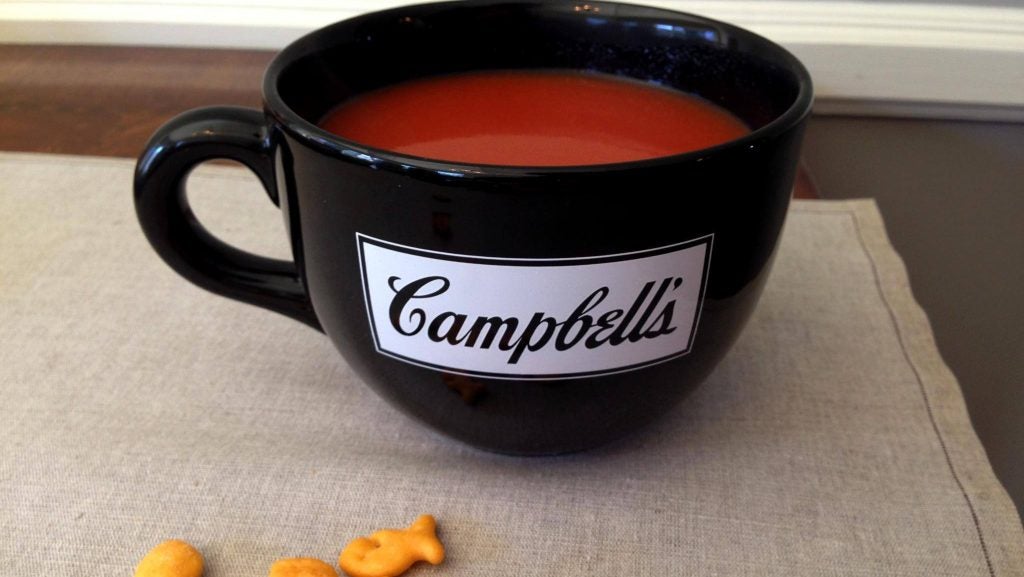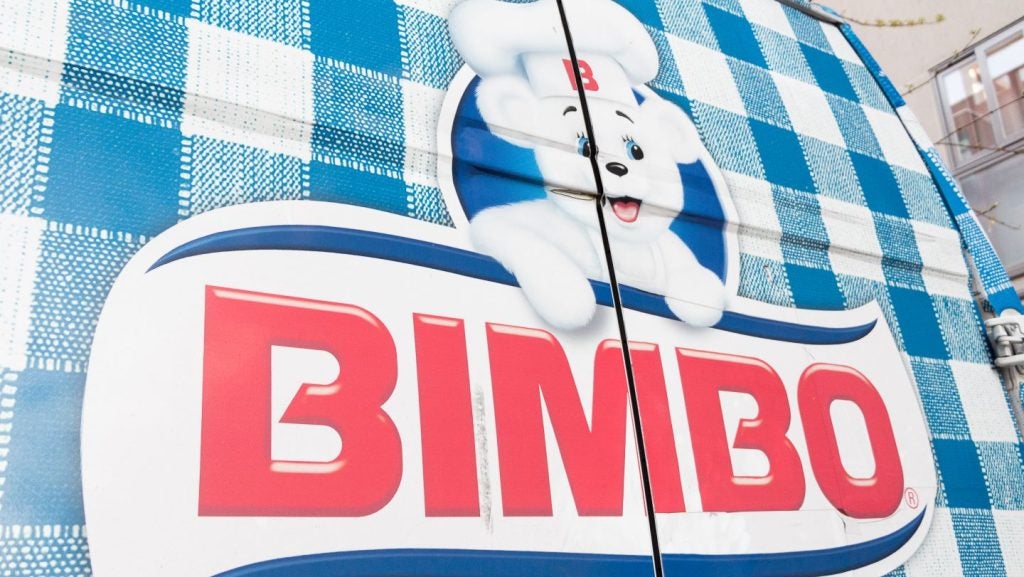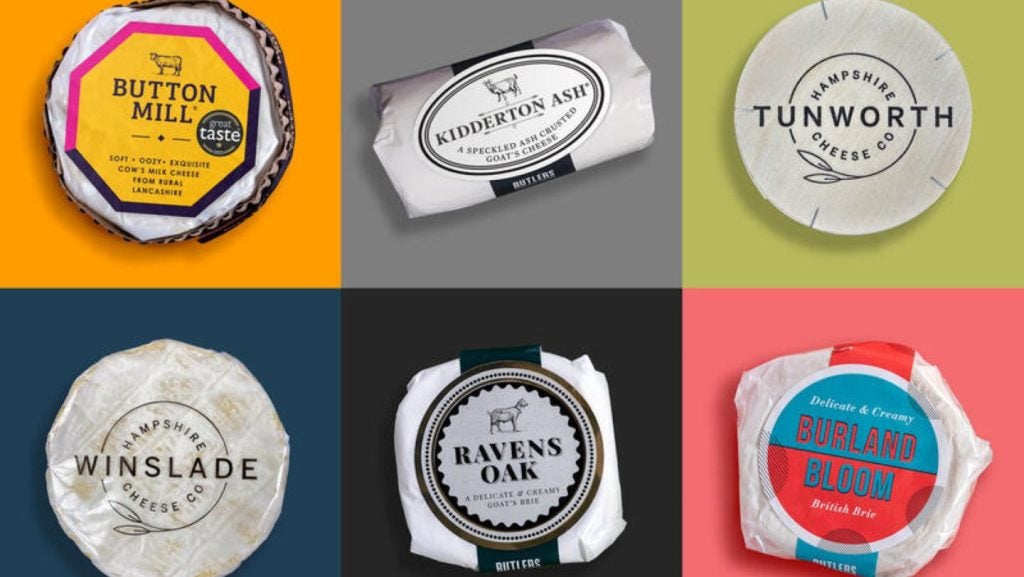After more than a decade at the then Kraft Food and Mondelez International, Brigette Wolf joined the US mochi ice-cream business My/Mochi last year as CMO.
Tasked by My/Mochi’s private-equity owner, Lakeview Capital, with shaking up the company’s marketing, Wolf is looking to build on the brand’s leadership of the mochi category in the US.
My/Mochi is adding to its product range, looking to build distribution in the US natural channel (and internationally) and, crucially, educate more consumers about mochi amid growing demand for healthier snacks.
Just Food: Why did Lakeview Capital bring you on board?
Brigette Wolf: It was to bring back marketing and establish the brand. My/Mochi actually was the original mochi ice cream in the US, we established it throughout the country and I would say it was a chance first to relook at our marketing, revamp it and reassert our leadership. If you establish a category and people start coming in, we want to remind consumers who and what we’re about.
I don’t know how familiar you are with mochi. A lot of people aren’t. When you’re very close to it, everyone assumes that everyone knows what mochi is, particularly if you’re on the east coast or the west coast of the US. You get to the centre and it’s, like, ‘What’s mochi?’ [Wolf pronounces the word to rhyme with ‘smoky’] so we have to educate.
Just Food: What presence does My/Mochi have in the US?
Wolf: We’re in almost every major retailer, 50,000 stores nationwide from the big box to C-store and mainstream grocery. That was the [founders’] ambition: how to bring My/Mochi to the masses and make it approachable and accessible. But in doing that, there’s still … a tremendous amount of opportunity. Our sales team has done an incredible job building that distribution. My job now is to drive the pull-through and the consumer demand for all that great work that they’ve put out. We’re also international. We’re in about 20 countries now.
Just Food: So, despite that store count and national presence, there is white space to go after.
Wolf: Totally. We built that network incredibly well and now it’s our opportunity to continue explaining to consumers what we are and what is this product because it’s still novel to a lot. There are patterns of shopping behaviour that we have to change. People are used to either buying their pints and quarts of ice cream, or they have a specific – as we call it – frozen novelty. That isn’t a term consumers use all the time but that’s their popsicle or their specialty thing that they buy for themselves or their family or that thing that’s not structured just like a tub of ice cream. That’s where we fit.
We have to tell people you have to turn and have that wonderful piece of ice cream in the palm of your hand in a really snackable way. That’s where mochi starts to distinguish itself. Really for us, it’s premium ice cream wrapped in mochi dough, which is that soft sweet rice flour dough. You have this dual sensation of the chew, which is the dough, and then the ice cream which is that creaminess – but you get to do it in a couple of handheld bites and what I also call the ‘shut-off zone’. You don’t have to keep going back up and scooping out more. It gives people the opportunity to experience ice cream in a totally different way.
Just Food: So far, where are the strongest sales velocities for the brand, both by geography and by store chain?
Wolf: It’s across from Kroger, Albertsons, Walmart, Target, Meijer. Target is one of our best partners. We’ve done some really lovely programming in the partnership there. It fits their shopper demographic very well as well. Actually, the one place that we’re not in as much is the natural specialty, so that’s an opportunity.
Just Food: That’s interesting. Oftentimes, when building brands in the US, it’s the other way around. Brands start in the natural channel and build to mainstream.
Wolf: My/Mochi fits all of that. It’s gluten free, it’s natural ingredients, there’s nothing artificial. I can go down all the claims. It fits the natural [store] profile but, because [the founders] wanted to be this mainstream brand, it went out mainstream first, so now it’s a little bit of cracking on the doors of the natural ones.
Just Food: Is there any reluctance among the natural foods buyers to take on brands that have made it in more mainstream stores because they want to keep their differentiation against their own competitors?
Wolf: Yes and they’ve always had that. We saw that with major brands at Mondelez that fit every single requirement and attribute that a natural, specialty shopper would want, if not better. We’ve been working in partnerships and doing some tests with some of those retailers that were really helpful that will unlock that next piece.
Just Food: Did the company’s sales grow year on year in 2023?
Wolf: Yes.
Just Food: Did the company shift more volume?
Wolf: I think our international piece is an element of it. I think the different channels are growing.
Just Food: Price increases can help the top line. I wondered if you were shifting more units as well.
Wolf: Yes, it depends on the retailer
Just Food: If we look into the rest of 2024, what are the main sales growth priorities for My/Mochi?
Wolf: One is, of course, our four SKUs and getting those into the hands of more consumers. The other piece is our innovation. Mochi ice cream in itself is a really lovely canvas to play with because you’ve mochi dough and then you have what you put inside. We started with ice cream but you can actually go into a lot of different areas. Last year, we started with smoothies. They are real fruit-based smoothies, blended into the mochi dough. Then we went on more of the indulgent where we’ve got cookie dough and the inclusions, a triple texture there of having those chunks of cookie dough included in the ice cream. This year we’ll be launching sorbets in the spring. Those are all in the frozen aisle and there’s a long pipeline there that we see what we can do with frozen snacks.

The other side, though, is: the essence of what mochi comes from is the sweet rice dough with Japanese heritage and that is a really viable ingredient that gives mochi what’s known as its sweetness and its unique textural chew. There’s a pliability to that. We’ve moved into other areas where we thought we could do portion-controlled snacking. We’ve launched waffle bites. These are individually pouched, five mini waffle bites each. We’ve launched those in Q1 at a bunch of retailers, particularly in the east, south-east: Meijer and Shoprite and Harris Teeter. How can we disrupt different categories with that mochi essence?
Just Food: Is the innovation still squarely focused on the frozen aisle?
Wolf: We’re going to keep looking outside as well. Frozen right now. It’s always nice when you know your distribution channels but we are looking to see how we can expand, where mochi is going and what are the different applications. You see it in recipes, you see it in some retail stores, so we’re exploring those as well.
Just Food: We’ve spoken about innovation and marketing. What about distribution channels? Is the natural channel your priority in terms of where My/Mochi is under-represented?
Wolf: I’d say that’s probably our biggest in North America. Then like I said, internationally, we’re in the Middle East now, we’re looking across the pond. We’re looking in Asia, we’re in Africa. We’re in Latin America and the Caribbean.
Just Food: What are My/Mochi’s plans for its business outside the US?
Wolf: There is a little bit of introducing the product in the market and then building the brand. ‘Who is My/Mochi’, right? It’s an interesting concept because it’s the brand and the category in one, so it has to have a level of distinguishment and understanding who our consumers were this year. What we heard is we bring a lot of joy. You’ll start seeing our tagline of ‘joyfully chill’. There’s something really delightful when you bite into the mochi, it takes a mindful level of snacking because you have to chew it and you have to be a little bit more present. It’s cold and you might even have to wait a minute or two before you eat it if you like it soft. It forces a level of presence and, with that, then it’s that joy that you have and that payoff.
Just Food: It will be a challenge trying to identify the countries and the markets where people know about mochi.
Wolf: Right. The next frontier. You really see an opportunity to expand this globally, the product and then the brand. People love the bright colours. They love the positioning. For under 100 calories, you get a really great indulgent snack.
Just Food: That’s a brick by brick process though, isn’t it? You may be in 20 countries now but I would assume some of them are quite small and early-stage.
Wolf: I would say it’s still very nascent.
Just Food: Back to the US. My/Mochi is the largest producer and the category leader. How far back is number two?
Wolf: We have about 70, 80% market share. That’s not to say those competitors aren’t being aggressive and aren’t trying to do everything. When you own it, everyone else is trying to chop at you. It’s really about making sure that we keep our quality and our relationship with consumers strong, the relationship with our customers and that’s as much of our plan as it is to make sure we own the space and the branding.
Just Food: How big is the mochi category at retail in dollars?
Wolf: Frozen novelties is like $1bn. There’s probably call it a good $100m, $150m.
Just Food: What’s the company’s outlook for the category?
Wolf: I think what we’re seeing is in general is the economy is still having a drag. Our price point’s about $5.99, so there’s still a piece there where we want to get people. It’s not a value play – well it all depends on how you look at value. I look at value as I have a portion-controlled snack that is delicious and indulgent and I get to be done. We’ve got to give people the value equation there but we do see growth and we see different players that have come in as well. They’re reimagining what frozen novelties are, which means we need to rethink about what that can be for us.
Just Food: What’s your take on consumer confidence in 2024 with the economy? There’s a feeling that as soon as the US election’s out of the way consumer confidence might tick up.
Wolf: To me, there’s no question the election is a drag over the American psyche. We started talking in, what, 2019 and then Covid hit. You would have thought that Covid was the worst of it and then it wasn’t. Now we have these wars and all this global instability. This is actually where we were talking about where My/Mochi can play. The world is really quite heavy. Economies have not bounced back. Global warming.
So, with all of that, there is still a lot of consumer pressure. We’ve seen major layoffs from banks and tech companies. Where we try and fit in is, with those moments of life stresses and frustrations, My/Mochi can help give you a little bit of joy in life and that is where we started building our brand foundations and where we want to connect with consumers.
Grocery bills are crazy high still, so we’ve got to be sensitive to where we are. I’m really proud of the value proposition we have but I’m mindful that it’s not the cheapest thing on the market, but I don’t want it to be either. We offer a very high-quality product.
Just Food: When you look at what’s driving demand for mochi, is a desire to indulge in a healthier way a key factor?
Wolf: I think if you ask people there’s probably three camps. There are people who just like sweets. They just like ice cream and they got exposed to mochi. It wasn’t a lot of thought, right? It’s ‘I tried it and I really enjoyed it.’ Then there are those who are, like, ‘I have sweet battles and I want to have control over my sweet tooth. Mochi gives me a way of having control.’ And then you have the textural people, who are, like, ‘I just love the texture.’
We get to have a premise of you have permissible intelligence as the essence of mochi and this is a way of how you have some culture of the Japanese heritage, of experiencing something different and then the extra benefit of ‘By the way, this is better-for-you choice.’
Mochi fits with GLP-1 really well to me
It’s still ice cream. Expo West is coming up and there’s going to be 10,000 vendors that tell you they’re healthy and what they are is a dairy-free, gluten-free, a ‘something’ cookie. You’re still a cookie and the consumer is buying you because they want a cookie.
We never have to confuse that, particularly when you’re in a more indulgent space and in a trading mindset. These aren’t vegetables that we're selling. We’re selling joy and a sweet treat, so it’s making that even more alluring, to say it’s clean and you don’t have to worry about certain allergens, there are no preservatives and no artificial in there. Real good quality ingredients, great products that you can feel good about eating that you can stop when you want to.
Just Food: How do you think the rise of GLP-1 drugs could affect demand for mochi?
Wolf: I’ve heard different things about how it cuts your cravings or it just makes you want to eat less. The beautiful thing about mochi is it’s a very small piece to begin with. I’m not giving you a double cheeseburger, so, actually, it fits really well to me. If you’re going to have smaller cravings and your appetite’s smaller but you still may want a sweet bite – and I don’t know enough on how the drug works with people; does it really turn everything off? – but I think for us it fits really well as a way to manage your lifestyle. Where mochi can fit in is that portion control, sweet-bite control and be a really fulfilling, satisfying experience in the eat.
Just Food: Do you expect your principal competition in the broader frozen novelties category to be looking to reformulate more in the years ahead? Or do you think the category will polarise with healthier snacks and indulgent offerings?
Wolf: My hunch is since the invention of honey and even chocolate if you go back to the Mayans, humans light up with sweets, right? There is a joy in that and there’s an emotional connection. Now, how do we do that in controlled ways and in moderation? Eating is a communal human piece of coming together and I think, for us, while food has definitely become more functional … I still think human beings are going to want the joy in their life in eating. I think we need to manage about how much we put in on certain things and where balance is but I don’t think it’s either-or.















